Export
The chain of investigation in export market reconnaissance is longer, deeper and wider than for the average domestic pursuit.
The intel sources are broader. They take more diligent qualification. And they take greater cross-checking, contextualisation and analysis – before you even begin to assemble the components of a market entry, or bid, strategy.
ACADEMY KNOWLEDGE BASE

By Jordan Kelly
•
April 16, 2025
If you’re a senior executive responsible for setting – and overseeing the attainment of – your enterprise’s corporate growth goals, I have a question for you: How informed are you on the individual contracts that comprise the overall total of your organisation’s business-under-pursuit? How certain are you that the priorities underpinning the prioritisation of current […]

By Jordan Kelly
•
March 2, 2025
Bidding for business in offshore markets? Take market reconnaissance very seriously if you wish to be taken seriously. The adage “preparation is the key to success” is nowhere so relevant as in a bid to an export customer or client (or in any form of export market entry endeavour). While research and a detailed understanding of the customer is, of course, what underpins a win in a tender, proposal or any form of bid in any market, cross-cultural differences alone render it imperative when bidding in an export environment. While, for example, you’ll get the opportunity to ask questions or seek clarifications to tender documentation, it’s no substitute for the different, far deeper level of understanding a bidder receives when investigating the issue in question within the local industry and commercial environment. In fact, as in any bidding process for a big-ticket procurement, once the opportunity is formally announced to the marketplace, either the front-runners are already well-established, or the vast amount of necessary knowledge and understanding make it a case of “too little, too late” if you’ve left it until then to start your research. And you don’t want to waste your resources on a bidding process in which you’re just there to make up the numbers. The bottom line is: Unless you’ve taken the time to research the customer and the market, you’re wasting your time entering into a formal submission process. And nowhere more so than in an export market bid. Your most basic starting point in a competent investigative process is to understand: • The politics and culture of the organisation to which you’re tabling your bid. (In this regard, it’s almost always advantageous to identify a competent and committed local partner.) • The customer or client organisation’s market demographic, where they’re positioned within their overall commercial and competitive environment, and the characteristics of the groups they sell to. • The influencing forces on buyers. • (If you’re dealing with retail) What the retail chain looks like and the most prevalent types of pull-through marketing. • Your likely competition (both local and overseas) and their relevant strengths and weaknesses. Export Bids Aren’t Won By Remote Control On this latter note, if you haven’t done your homework before a formal market call is made, you’re up against local companies that most assuredly will have. Doing your research is part of making it as easy for customers to do business with you as it is for them to do business with their local product suppliers or service providers. And on that note, it’s about being real rather than being carried along by a romantic vision. Every now and then there’s a company that’s in the right place at the right time with exactly the right offer. But it’s rare, and you can’t base a serious, broader export initiative on such flukes. If you don’t have an up-to-date, first-hand understanding of the landscape, and thus can’t convey that in your formal bids, tenders or proposals, bidding into the export market is a hard way to try to win business. And, in most instances, the best (if not the only) way to attain that understanding is to pound the pavement, or to work with someone who will do so on your behalf.


